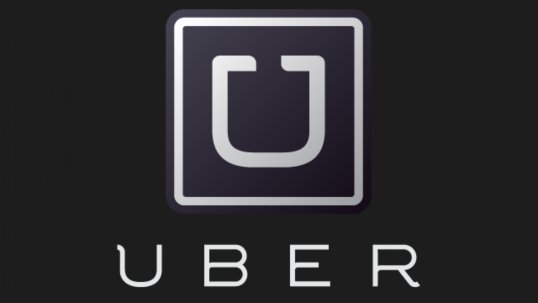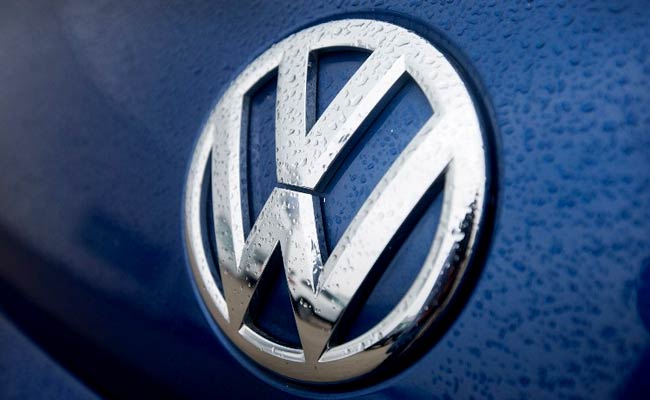Now Reading: Uber offers COVID-19 contact tracing help as the cases continue to rise
-
01
Uber offers COVID-19 contact tracing help as the cases continue to rise
Uber offers COVID-19 contact tracing help as the cases continue to rise

Uber Technologies Inc has quietly started a service to provide public health officials quick access to data about drivers and riders presumed to have come into contact with someone infected with COVID-19, company officials said.
The service, offered without any charge, could help improve the image of the ride-hailing giant, which recently started a new ad campaign spotlighting its “No Mask, No Ride” policy in the United States.
Now being promoted to government health authorities in all the countries where it operates, the service provides health departments with information about who used Uber’s services and when and permits health agencies to urge affected users into quarantine, the company officials stated.
Information on an individual can be accessed in a few hours, the officials stated, with the company thinking about COVID-19 an emergency involving danger of death or severe physical injury.
Though Uber has given the data for months now, it has not been put to use in a number of virus hotspots in the US.
Dozens of U.S. states in recent times have started hiring thousands of employees to interview infected patients, identify people they have been in contact with, and then ask those individuals to isolate. Ride-hailing data could be helpful in that effort, health officials and experts said, because it figures out a larger set of people out of the direct social circle of an infected individual.
Uber has a long history of providing data to U.S. law enforcement officials in emergencies or criminal investigations. It first started to focus on health-related issues in the last year, when a resurgence of U.S. measles cases led several health departments to seek data, the officials said.
In January, company executives flew to Los Angeles to meet with the regional health department and CDC officials to talk about how Uber’s data could best be used, according to Uber’s chief of global law enforcement, Mike Sullivan.
The discussion soon turned to the coronavirus, which at the time was just starting to spread outside of China.
“Our timing ended up being beneficial in that it allowed us to get ahead before COVID started ramping up worldwide,” said Sullivan, a veteran U.S. prosecutor who leads a team of 100 Uber workers handling data requests around the clock.
In the first half of the year, Uber got a total of about 560 coronavirus-related requests from public health departments in 29 nations, most of which were processed by the company under two hours, company officials stated. That compares to only 10 requests from health departments worldwide in 2019.
Out of the total, 158 requests were submitted by health officials in almost 40 locations around the United States.
Using the new portal, made for exclusive use by public health departments, data can be sought based on trip receipts or occupants’ names. Health officials are urged to tell what action they want Uber to take as part of the service.
“We want to make sure that they are the experts and we follow their recommendations” on whether to prohibit a driver, rider, or courier for some period from using Uber’s service, Sullivan said. Uber consumers with a confirmed infection are automatically blocked from the platform for no less than 14 days.
Uber has seen a boost in contact tracing requests from nations credited for their initial success in combatting the virus, such as Australia and New Zealand, Sullivan said. He added that contact tracing was also much more coordinated in several European nations than in the United States, including in the UK.
U.S. contact tracing efforts vary depending on the region. In some areas, the effort is coordinated on the state level, while cities or counties take charge in others, requests from health departments reveal.
In Massachusetts, for a name, local health departments gather trip information if an infected person informs investigators they have taken a ride-hailing trip. That information is then provided to the state’s health department, which reaches out to Uber or Lyft to request data.
Lyft said it gave data to U.S. and Canadian health officials through its Law Enforcement Request system, but refused to provide further details, citing privacy reasons.
In California, local officials handle the entire contact tracing process. San Francisco has requested ride-hailing data associated with the coronavirus pandemic until now in a handful of cases.
Stay Informed With the Latest & Most Important News
Previous Post
Next Post
-
 01Polestar Boss Says It’s Time To Outrun BMW M And Mercedes-AMG
01Polestar Boss Says It’s Time To Outrun BMW M And Mercedes-AMG -
 02Spy Shots: 2027 Mitsubishi Pajero Spotted in Testing Ahead of Possible U.S. Return
02Spy Shots: 2027 Mitsubishi Pajero Spotted in Testing Ahead of Possible U.S. Return -
 032026 Toyota Hilux EV: A Powerful Truck with Silent Torque
032026 Toyota Hilux EV: A Powerful Truck with Silent Torque -
![2027 Mercedes-Benz S-Class Debuts with V8 Engine [Photo Gallery]](https://speedlux.com/wp-content/uploads/2026/01/2027-Mercedes-Benz-S-Class-33-155x125.jpg) 042027 Mercedes-Benz S-Class Debuts with V8 Engine [Photo Gallery]
042027 Mercedes-Benz S-Class Debuts with V8 Engine [Photo Gallery] -
 052026 Corvette ZR1 Production Surges Past Expectations as Output Clears 1,000 Units
052026 Corvette ZR1 Production Surges Past Expectations as Output Clears 1,000 Units -
 06Spy Photos: VW ID. Polo GTI Goes Electric with 223 HP and 280 Miles of Range
06Spy Photos: VW ID. Polo GTI Goes Electric with 223 HP and 280 Miles of Range -
 07The Controversial Ford Voodoo V8 That Was Killed Off Too Early
07The Controversial Ford Voodoo V8 That Was Killed Off Too Early



![2027 Mercedes-Benz S-Class Debuts with V8 Engine [Photo Gallery]](https://speedlux.com/wp-content/uploads/2026/01/2027-Mercedes-Benz-S-Class-33-700x394.jpg)









































